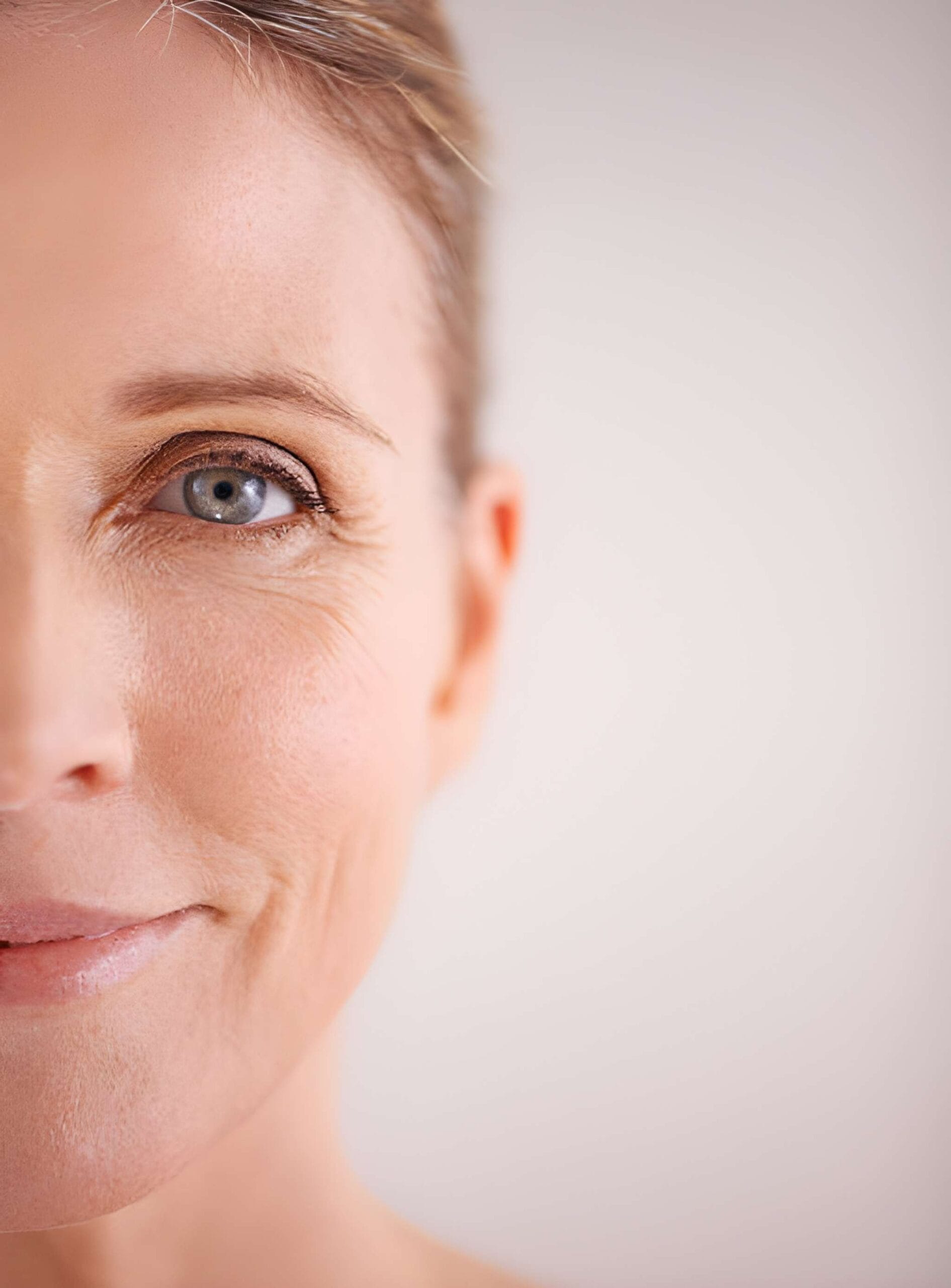Introduction
In the quest for confidence and self-assurance, individuals often turn to various beauty and skincare treatments to enhance their appearance. One such transformative procedure gaining popularity is chemical peels. Beyond the physical benefits of smoother, more youthful skin, there exists a profound psychological impact associated with chemical peels. This article delves into the psychology behind chemical peels, exploring how they contribute to boosting confidence and fostering a positive self-image.
Understanding Chemical Peels
Chemical peels involve the application of a chemical solution to the skin, which exfoliates and eventually peels off, revealing a rejuvenated layer underneath. These treatments are tailored to address various skin concerns, including fine lines, wrinkles, sun damage, acne scars, and uneven pigmentation. The three main types of chemical peels – superficial, medium, and deep – allow for customization based on individual needs and desired outcomes.
Unveiling a New You – The Impact on Self-Image
Chemical peels are not merely cosmetic procedures; they are transformations that extend beyond the physical realm. The removal of damaged outer layers prompts the skin to regenerate, resulting in a fresher, healthier appearance. This physical metamorphosis often aligns with a psychological shift, empowering individuals to perceive themselves in a more positive light. The newfound radiance can contribute significantly to an enhanced self-image, fostering increased confidence and self-esteem.
The Science of Confidence – Endorphins and Self-Perception
The chemical process of a peel triggers the release of endorphins, the body’s natural feel-good chemicals. As the damaged skin peels away, the brain responds by releasing these neurotransmitters, creating a sense of euphoria and well-being. This neurochemical reaction not only contributes to a more positive mood but also influences self-perception. Clients often report feeling revitalized, more attractive, and consequently more confident following a chemical peel.
Psychological Healing – Addressing Skin Concerns
Beyond the surface-level impact, chemical peels play a crucial role in addressing specific skin concerns that may have profound psychological implications. Acne scars, for instance, can be a source of emotional distress for many individuals. Chemical peels effectively target and reduce the appearance of such scars, alleviating the emotional burden associated with persistent skin imperfections. By providing a solution to long-standing issues, chemical peels contribute to psychological healing and improved self-esteem.
The Importance of Professional Guidance – Trusting the Process
For individuals considering chemical peels, the importance of seeking professional guidance cannot be overstated. Consulting with a skilled and experienced practitioner ensures that the treatment aligns with individual skin types and concerns. Building trust with the aesthetic professional fosters a positive mindset, minimizing anxiety or apprehension associated with the procedure. Radiant and Renewed, owned by Christina Roach in Roswell, Georgia, is a reputable establishment known for its commitment to client satisfaction and delivering personalized skincare solutions.
Conclusion
In conclusion, the psychology of chemical peels extends far beyond the physical transformation of the skin. These treatments have the power to boost confidence, enhance self-image, and contribute to psychological healing. The release of endorphins, coupled with the removal of skin imperfections, creates a holistic experience that positively impacts an individual’s overall well-being. Radiant and Renewed, under the leadership of Christina Roach, stands as a reliable destination in Roswell and nearby areas, offering professional expertise in chemical peels and a commitment to empowering individuals on their journey to healthier, more confident skin. Through the art and science of chemical peels, individuals can embrace a new version of themselves, both inside and out.







